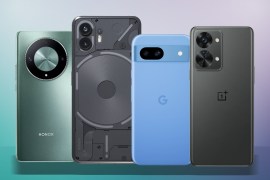The best second-hand cameras to buy in 2024
Shopping for a used camera? Here are the models you need to look for

Keen to get the most bang for your buck when buying a camera? There’s no need to wait for Black Friday or the Christmas sales to grab a bargain; you can make even better savings by picking up a second-hand camera.
The huge popularity of digital cameras and their owners’ desire for periodic upgrades means the used market is brimming with potential. You may already have your heart set on a particular make and model of camera. If not, we have some shopping tips for you. Read on for our guide to the best cameras to buy second-hand.
How we test cameras
Every camera reviewed on Stuff is tested in a range of lighting conditions, with a variety of subjects and scenes. We use our years of experience to compare with rivals and assess ergonomics, features and general usability. Manufacturers have no visibility on reviews before they appear online, and we never accept payment to feature products.
Find out more about how we test and rate products.
Sony A7 III
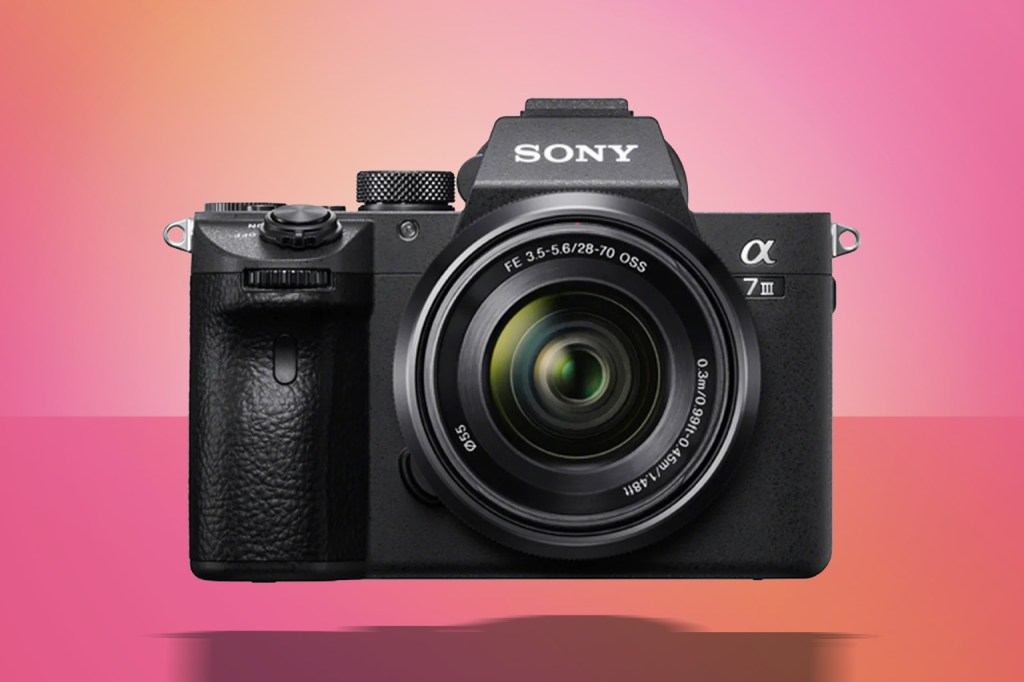
One of the most popular mirrorless camera bodies of all time, the A7 III burst onto the scene back in 2018 with specs and a feature list that put most of its pricier contemporaries to shame. Its 24.2MP full-frame sensor, 4K video recording, 5-axis in-body stabilisation and a 693-point autofocus system made it something of a bargain back then.
Now, with Sony having since released an A7 IV (and an A7 V announcement rumoured to be imminent), it’s widely available second-hand for well under £1000. And it’s still a powerful camera, compatible with scores of lenses.
Nikon Z6
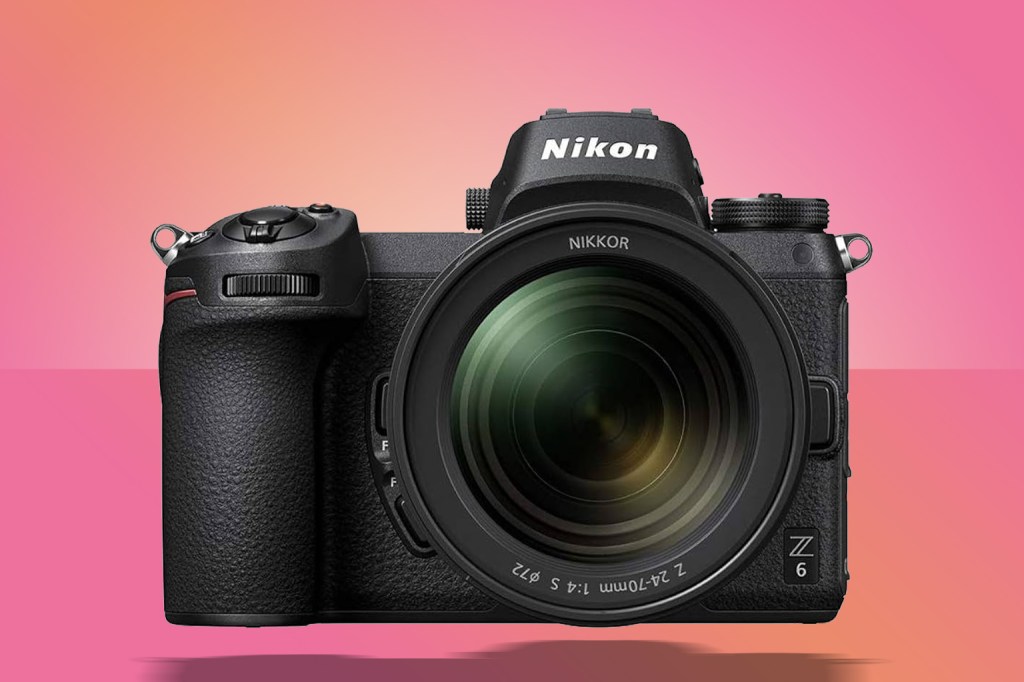
Now twice superseded by new-gen models Nikon’s full-frame mirrorless body sports a classic DSLR-style design that makes it a joy to handle. It also has access to dozens of excellent lenses, both from Nikon’s impeccable Nikkor Z range (now over 80 lenses strong) and from third-party manufacturers like Sigma and Tamron.
The Z6 in particular is often available second-hand at bargain prices, but if you need more resolution or frames per second, the Z7 is also worth checking out. Just be prepared to pay more in order to take one home.
Panasonic Lumix GH5
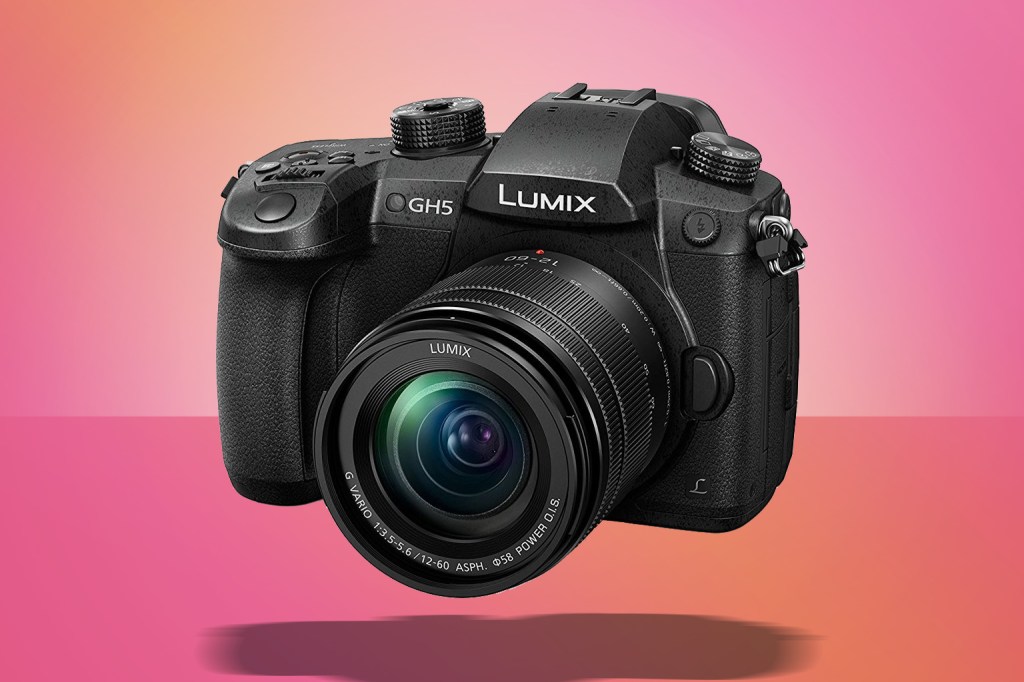
The Micro Four-Thirds GH5 is one of Panasonic’s best-regarded mirrorless models. It’s a strong all-rounder offering 4K video capture (at 60fps no less), in-body image stabilisation and access to solid lens ranges – and now that Panasonic has released a next-gen model, it’s available on the used market for just a few hundred pounds.
There’s also the full-frame Lumix S5 to think about if the best possible low light performance is high on your wish list.
Fujifilm X-T4

With superb battery life, a tank-tough weather-proof build, fast continuous shooting speed and solid video options, Fujifilm’s workhorse mirrorless camera was the flagship model in the company’s X-T series upon its release in 2020.
It arguably skirted too close into vlogger and content creator territory with its flip-out LCD screen, which slightly went against the X-series photographer-first ethos. The X-T5 returned to form just a few years later, knocking the X-T4 down the pecking order – but that just means it’s available in good condition second-hand for less than half of its original £2000 RRP.
Canon EOS R5
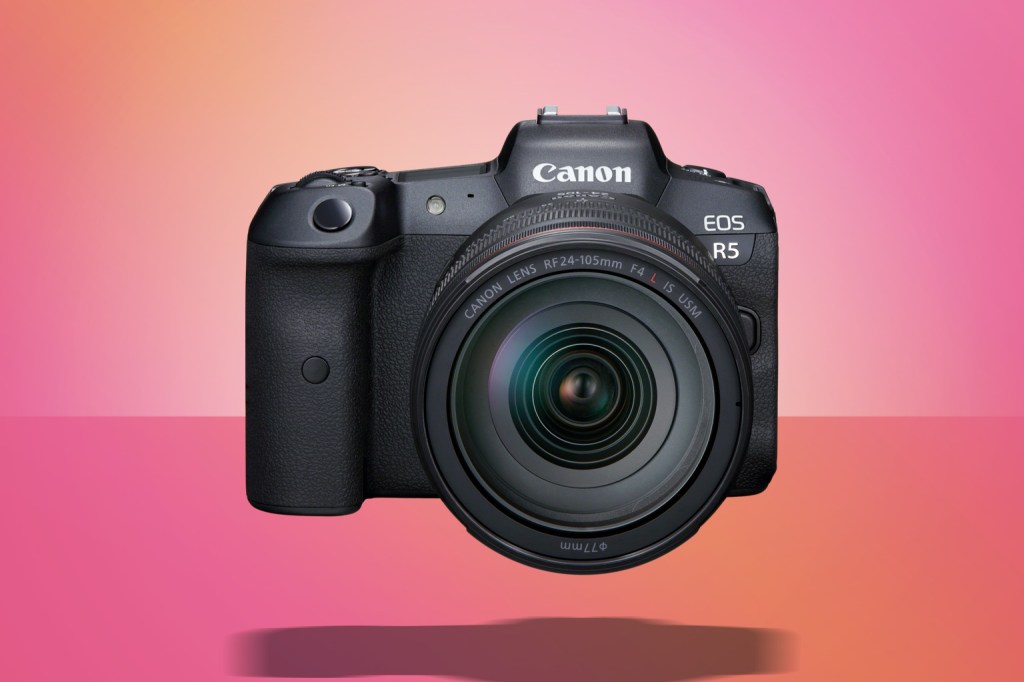
Canon’s full-frame EOS R mirrorless cameras have access to a huge range of lenses, and now that its 45MP EOS R5 body has been upgraded with a Mark II edition, you can pick up the 2020-released original at reasonable prices on the used market. The R5 can record 8K video, so has hardly dropped to bargain basement territory just yet – but you can expect to save over £1000 over a brand-new model by buying second-hand.
Don’t discount the R6, either; it has a lower 20.1MP resolution, but similar handling – and a slightly more wallet-friendly price.
Acquire with caution

Although we’d never rule anything out completely, there are some camera models we’d think twice about buying second-hand. For instance, if you want a mirrorless camera with access to a wide range of wide-angle or standard zoom lenses, it’s probably wise to avoid a Nikon Z50, Z fc or Z30. These are APS-C (or crop) sensor bodies designed to work best with Nikon Z lenses, and aside from one third-party glassmaker, has never seen a huge selection of lenses offered for it.
On a similar note, we’d also steer clear of the now-discontinued Canon EOS M line, which work best with EF-M lenses designed for crop sensor bodies. Canon only made three such lenses, and even with third-party glass considered, the selection is small – and unlikely to ever get any bigger given the EOS M’s demise.
Another model we’d be wary of picking up is the recently launched Fujifilm X100VI, simply because it’s so in-demand that getting one for a decent price is going to be tough. The camera itself we heartily recommend – just not if you’re hunting for a bargain. That’s sadly true of the previous generation models too, which are still trading hands for significant cash.



